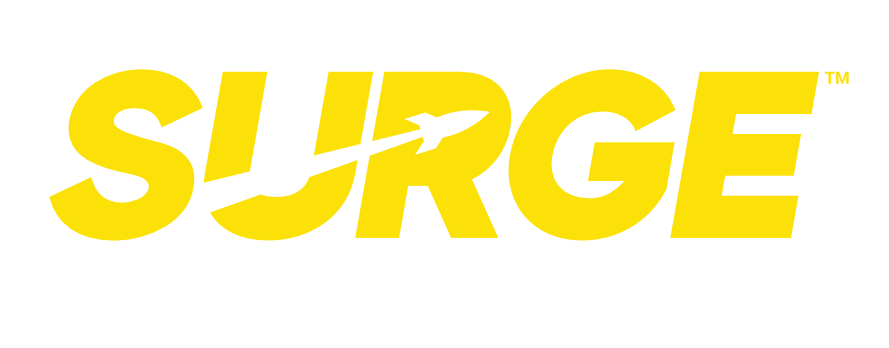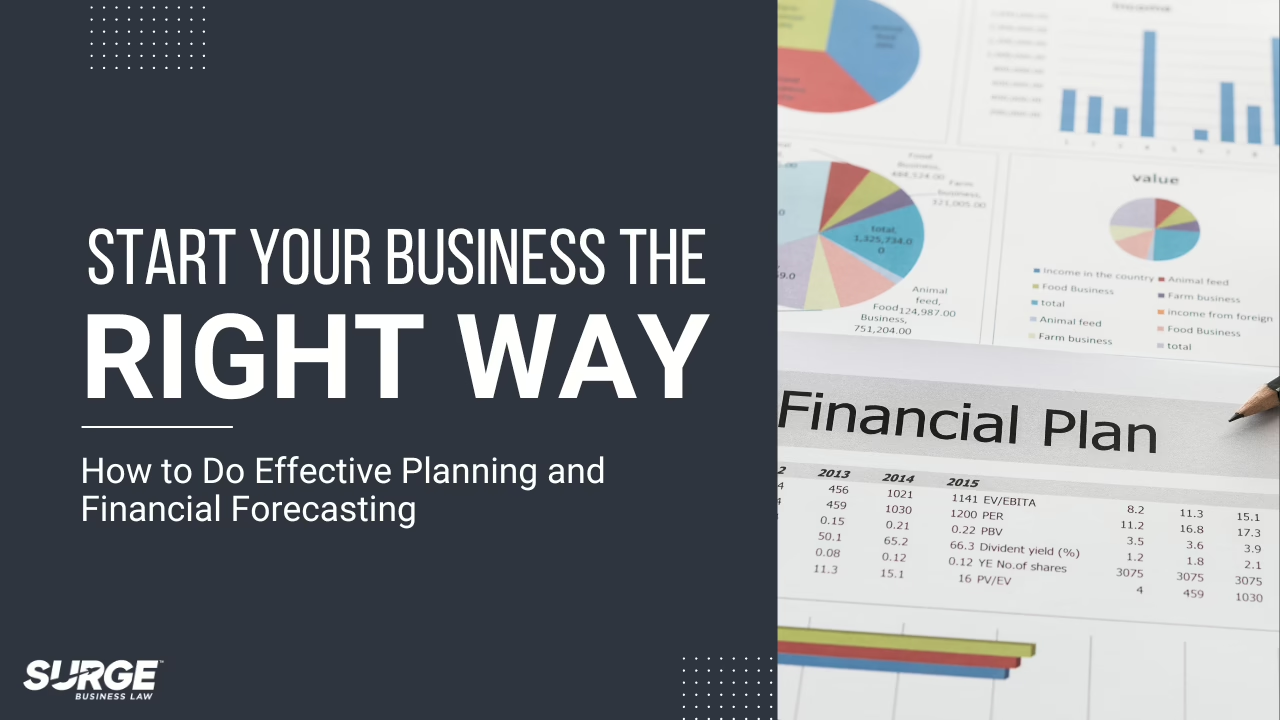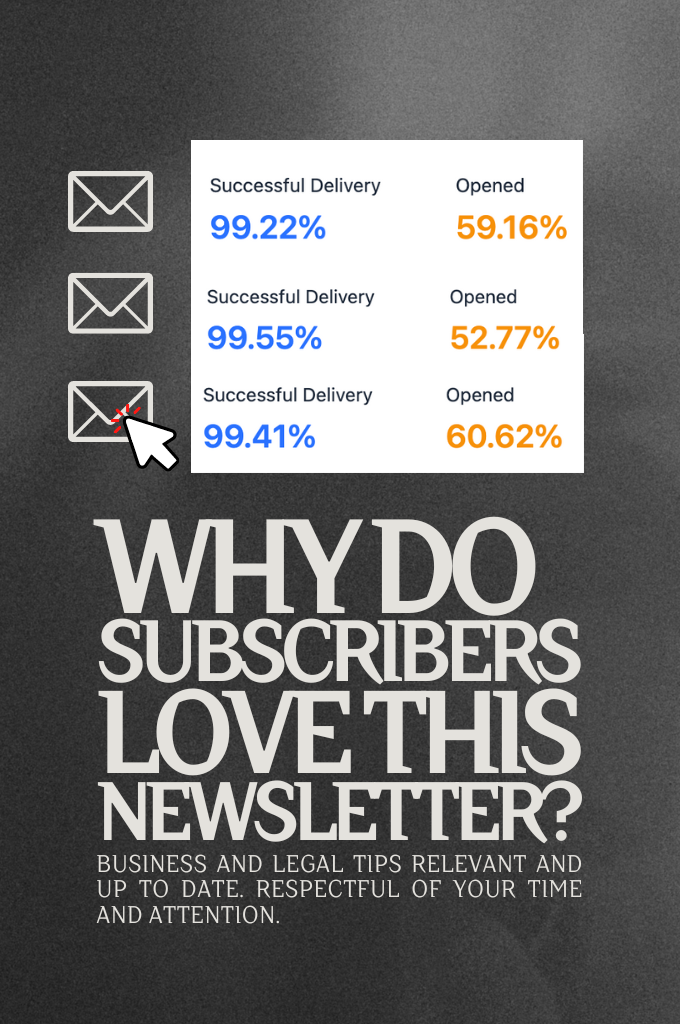Start Your Business the Right Way. How to Do Effective Planning and Financial Forecasting
Can you launch a business successfully without a business plan or financial forecast? It’s possible but your business will be at serious risk. Watch this video to learn why financial planning before a launch is critical.
Understanding the Importance of a Business Plan
Starting a business can get overwhelming without a business plan. Business planning for startups is crucial because it lays a strong foundation for your business. It’s where you’ll lay out your business’ financial forecasting, product offerings, market positioning, customer targeting, and last but not least, personal profit goals.
Start with Financial Forecasting
Financial forecasting forms the core of your business operations. It’s a financial projection that offers a realistic evaluation of how much money the business needs to operate fully, including:
» Pricing strategies
» Financial goals
» Overhead costs and salaries
» Emergency funds
» Cash Flow
» Insurance coverage
» Tax planning
Addressing these from the start helps business owners achieve financial targets and avoid unnecessary risks.
Setting the Right Pricing Strategies
Having the right pricing strategy in place covers more than just costs. You can set price points that you want but will that turn into a profit?
Pricing your products or services too low might bring in sales but at the expense of profit margins.
Pricing too high might also alienate customers.
Understanding the value you offer to your customers is at the heart of effective pricing strategies. The key is to find a balance that reflects the quality and costs to produce your offer and your market expectations.
Maximizing Resources
Doing more with less, especially in the early stages of your startup is ideal and not impossible. It’s not only practical but an effective strategy to save money, and to allocate resources properly. Each budget decision should be made with a strategic view towards sustainability and growth.
For example, if you have the option of purchasing a month or a year subscription, try it out for a month first. You want to make sure to keep down overhead costs AND prove that the services are worthwhile.
Starting as a Sole Proprietor
A sole proprietorship is the simplest business structure but the most practical for low-risk business startups. It is quick, straightforward, and does not require the complexities of a corporation or LLC. However, it’s important to understand the legal implications of a sole proprietorship setup, particularly the lack of personal liability protection. Keep in mind, this setup works best for low-risk businesses where the potential for serious legal disputes or debt is minimal.
So, if you want to launch a business that is positioned for success from the start, make sure your business plan thoroughly covers finances. Then, you’ll be able to build a strong foundation for the future.
Let your business thrive, not just survive!
FREE Business Planning Guide
We want your business to launch and grow successfully. So we made you a guide to making a financial-first business plan. Download the attorney-created, FREE business startup guide today!
Still Have Questions?
We’re here to guide your business toward success! If you’re unsure about your next steps, reach out for a FREE discovery call—it’s on us.
We have a proactive mission to equip your business for success from day one. Discover more about our unique approach on our Start A Business page.



